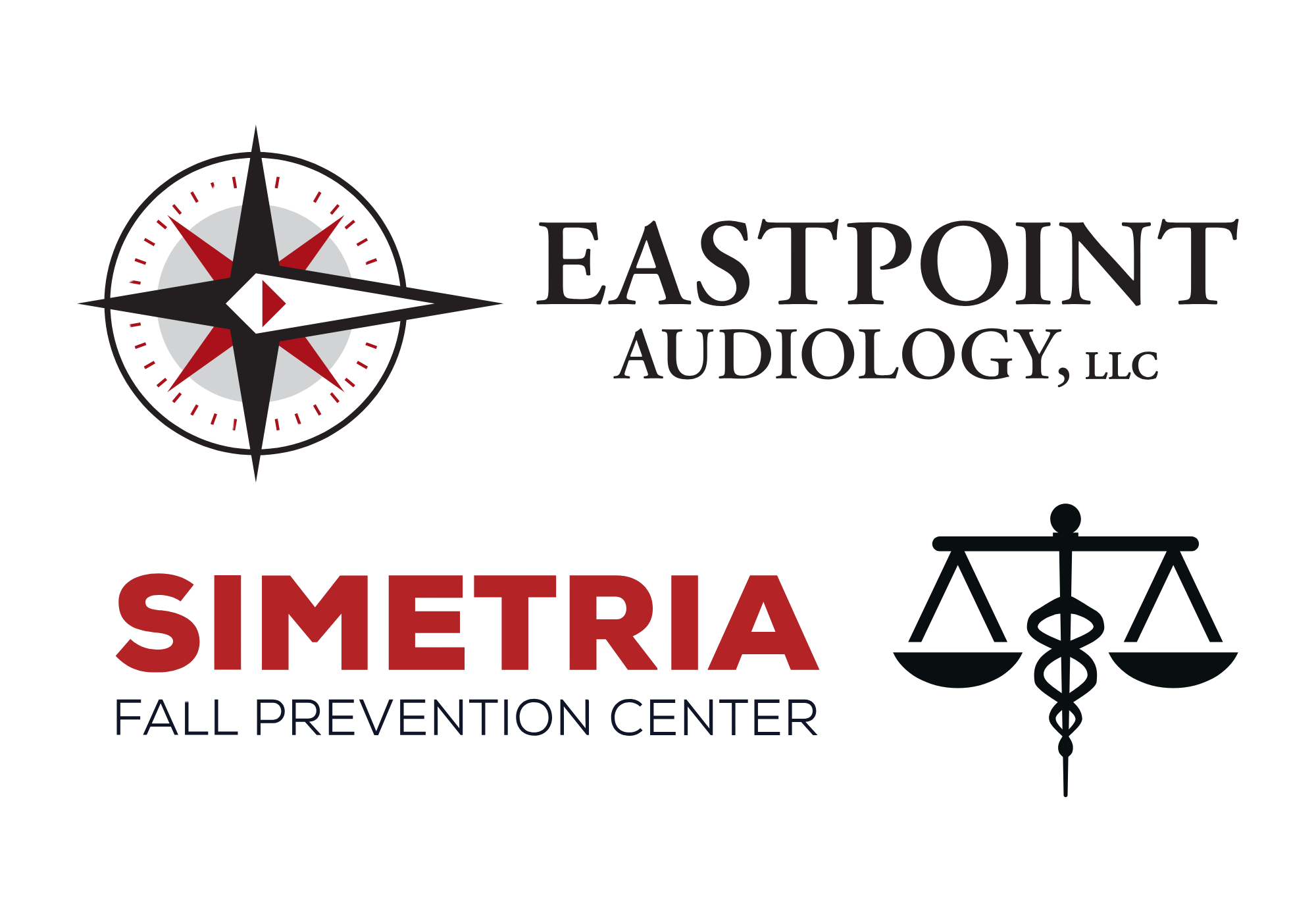Happy memories of a cherished pet is a common experience for many people. Our lives can be enriched by many kinds of animals including; dogs, cats, guinea pigs, and birds. In many instances, they are our close companions. For people who have hearing loss, pets can offer added benefits that improve symptom management and quality of life.
Sometimes, pets are specifically trained to supply special benefits. Particular jobs or specific types of help can be carried out by these animals which are trained to provide help to individuals with hearing loss. But that isn’t always the case. Friendship and comfort can come from animals with no special training. Special friendships between animals and people who have hearing loss are frequently formed as a result.
Can owning a pet provide improved mental health?
With hearing loss, it can be hard to hear and understand what people are saying, which can feel really isolating. This gap in communication can cause the person with hearing loss to seclude themselves.
So, is having a pet worthwhile? It sure is! There are lots of non-verbal ways that a companion animal can communicate. Clear communication with animals is possible without needing to hear verbal language. When somebody has hearing loss, it can be a very lonely time, and being able to connect with an animal friend can offer emotional support and comfort.
Clearly, this doesn’t take the place of contact between humans. But when making human relationships is difficult, it can offer some comfort and support. Pets can also help you discover opportunities to connect with other people. Even if you aren’t necessarily talking with people or making new friends, doing things like taking your dog for a walk in the park can give you the chance to be around others.
Pets can be ideal assistants
Service dogs, for example, make use of specialized training to help their humans get around the world more safely. People with hearing loss will often fail to hear important sounds around them and service animals are specifically trained to listen for those sounds and to provide assistance to their human.
Some of the things a service dog for those with hearing loss is trained to do include the following:
- Alerting their human to everyday sounds like a phone ringing, alarm clock, or a screeching teakettle.
- Informing their human when the smoke alarm is sounding.
- Detecting dangerous sounds like oncoming traffic.
- Recognizing when someone speaks their human’s name or otherwise talks to their human is also something service dogs can be trained to do. People who have hearing loss will have an easier time communicating with others as a result.
- Hearing the doorbell ring or someone knocking on the door.
Service animals are specifically trained to detect these sounds and convey them to their human. But other non-service animals can also be useful to somebody with hearing loss. Even a dog with no training will often start barking when someone rings the doorbell or knocks on the door. Similarly, cats or other animals can be quite sensitive to sudden noises or changes, and people who are aware and in tune with their pets may be able to recognize these things, as well.
A symbiotic relationship
Many of the benefits that a pet can bring to your life might not even be recognized. Adding some structure to daily life is one of those benefits. For example, they will have to be walked, fed, and loved numerous times every day. A structured life like this can be really comforting. Many different types of animal-assisted therapies exist because of this.
But if you’re contemplating getting a pet or service animal, it’s essential to give it some careful consideration. You will need to be able to properly care for the animal you select and you will want one that will meet your requirements.
While a service animal can be a big help, they aren’t capable of providing the same level of long-term benefits or the same capabilities as a hearing aid. Pets can, however, be wonderful companions and can improve your overall quality of life. They can be a unique and important part of their life.
Call us today for an appointment and begin moving toward better hearing!

